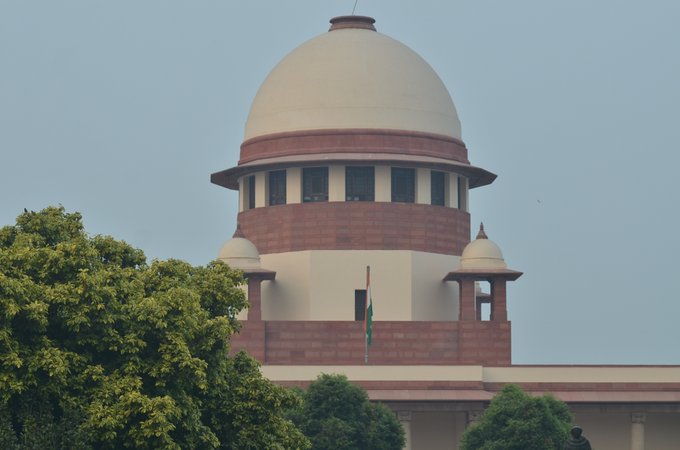Umamageswari Maruthappan
The Supreme Court of India held that it is compulsory for the media, both print and electronic to act in accordance with the provisions of section 228A of the Indian Penal Code.
The Bench comprising Justices Ashok Bhushan, Subhash Reddy and MR Shah passed this 16-page order after duly hearing both the sides.
The petitioner is a rape victim and had filed an application before the Court against the media channels for revealing her identity as a consequence of which she was denied accommodation.
While pronouncing its verdict, the Court stated that, “A rape victim suffers not only a mental trauma but also discrimination from the society.” With this statement it mandated all including the media to comply with section 229A of the IPC.
It also made a reference to the judgement made by the same Court in Nipun Saxena and another vs. Union of India and others, (2019) and quoted, “A victim of rape will face hostile discrimination and social ostracisation in Society. Such victim will find it difficult to get a job, will find it difficult to get married and will also find it difficult to get integrated in society like a normal human being.”
The Apex Court disposed of the case by directing:
- the Deputy Commissioner of Ranchi to provide a suitable accommodation to the petitioner under the Pradhan Mantri Awas Yojana or under any other Central or State Scheme, and to also take measures to ensure free education to her minor children till they attain the age of 14 years.
- the Police authorities to review the police security provided to the petitioner.
- the Ranchi DLSA to provide legal services to the petitioner whenever it is appropriate.
The petitioner, belonging to a Schedule tribe, was abducted by Basant Yadav who then married her in 1998. After few years, she divorced her husband while the custody of their son was given to Yadav.
On 8th June 2002, she went to her husband’s place to meet her son where she was raped by Mohd. Ali. and three other accused.
She later on married another man but soon she had filed a case even against her second husband. The petitioner has three children in all, including the son born through her first marriage. While her first son has attained the age of majority, the other son and daughter are still minors.
The petitioner is alleged to have been registering various FIRs against different persons on rape charges and the State, through its Counsel Mr. Tapesh Kumar notified about the same before the Apex Court.
Mr. Kumar stated that while Mohd. Ali was convicted under Section 3(xi) of the Scheduled Castes and Scheduled Tribes (Prevention of Atrocities) Act, 1989 along with Section 376 of the IPC, the remaining accused are either acquitted or under different trials.
However, the Top Court firmly stated that even one conviction of rape accused would make a person a rape victim, notwithstanding other pending criminal cases.
With respect to her allegations against media, the Court stood by its precedence in Nipun Saxena and another case (2019) that “no person can print or publish in print, electronic, social media, etc. the name of the victim or even in a remote manner disclose any facts which can lead to the victim being identified and which should make her identity known to the public at large.”
Section 228A of the Indian Penal Code (45 of 1860) provides for punishment for publishing reports containing details of rape victims, with imprisonment of either description for 2 years and also with fine.
This is not the first time that the media has violated the provisions of Section 228A of IPC. In several cases, including the well-known Kathua and Hathras Rape Cases, reports disclosing the details of victims has been released.
Another case against media channels for infringing Section 228A of IPC is listed for hearing before the Delhi High Court on 5th February 2021.

